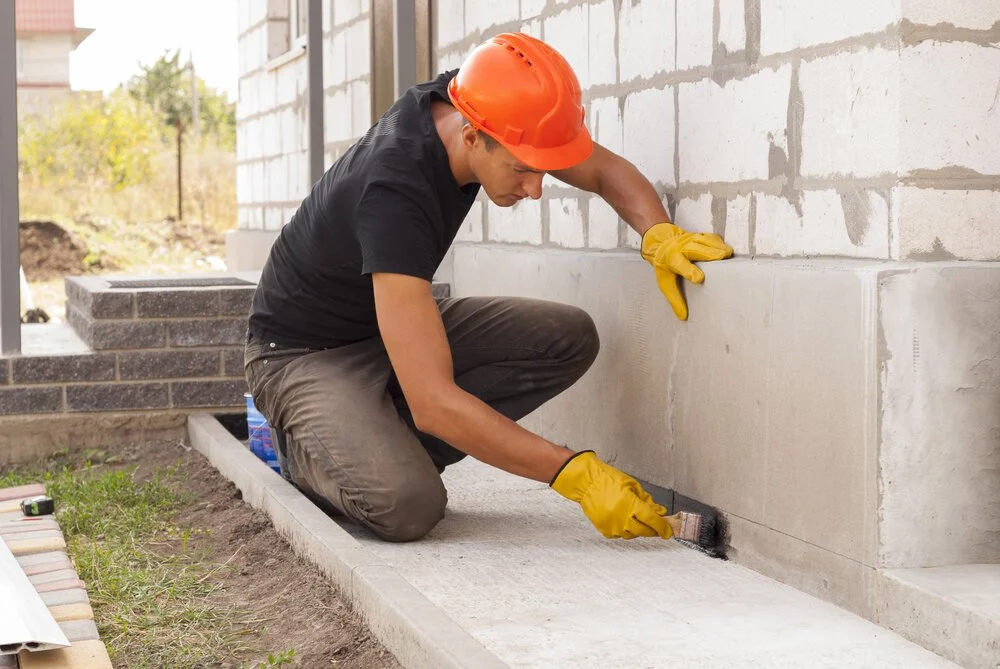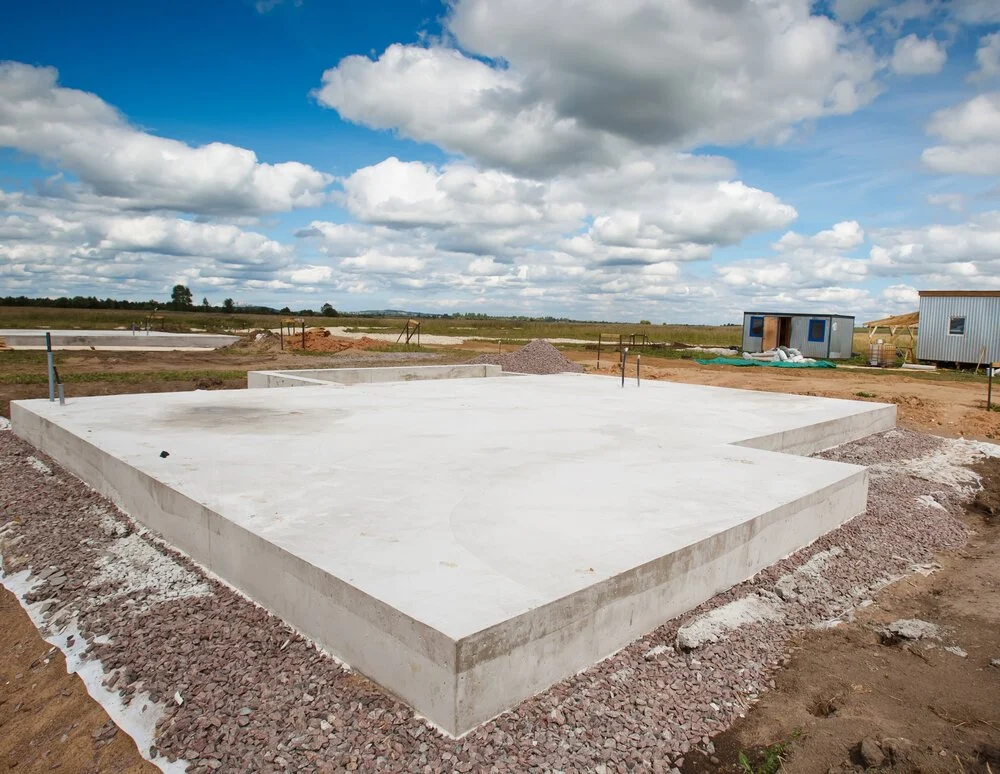Why Soil Is Important in Foundation Base?
Builders think a lot about whether their foundations will be powerful enough to sustain the buildings they construct. But it is more important to build the foundation strong so that it can create a flawless base. For instance, to consider the soil situation during the entire floorprint of the foundation when constructing a house with a pier and footing or step foundation. If the builder takes no time to comprehend and adapt to the situation of the soils below the base, it can lead in time to severe issues for the house owner. It is vital to pay attention to the floor under your base before you construct it to prevent expensive foundation repair in OKC in the near future.
Why Soil Is Important for Foundations?
Typical soils can sustain a standard building with no difficulties. However, some cases do not consistently affect the soil around a property, and this is where the trouble starts to brew. The section above that base of the house can, for instance, settle faster and deeper than the other portions of the House if the ground under one footing is softer than the ground under the other floors–which lead to a need for serious groundbreaking remediation.
The soil quality directly below each base is highly crucial. For a depth equal to the width of the footing is the highest pressure in the soil. For example, a typical 16-inch foundation means that the pressure of the soil underneath the base is higher for the first 16 centimeters. The ground pressure decreases by roughly half after the first 16 inches. After the next 16 inches deep again, about two-thirds.
While the first 16 inch in this instance is the most significant, it is simple to see how smooth and sandy soils a greater effect on how your foundation can have settles down. It is therefore vital to ensure before constructing the basis that the soil is carefully compacted. It's likely a good idea to consult with an engineer before going any further if you find clay, smooth soil or sandy soil anywhere on your property during the excavation process.
Although the quality and density of the soil below your footing is one of the key factors before you build your basis, it is far from the only one.
There Are Several Other Variables Involved Here:
Dimensions of footing: The broader a footing, the more the weight of the house is distributed to the land. You can have more stability on wide footing.
Foot placing: A base placed outside the center of the base can generate difficulties for the wall because the weight is not uniformly distributed. The structure will also be subject to unfair pressures.
Water in the ground: Water in the soil may be a large red flag during excavation, so be sure to consult an engineer if you meet one of them during an excavation. To provide increased stability you may need to fill out the form with stones and compose them into the mud.
But mother nature isn't always cooperating, you want your home to be as stable as possible. Before you lay the basis for your home, keep these points in mind and you can prevent severe issues later.
You can contact Ram Jack for foundation repair in OKC.


